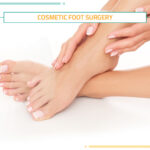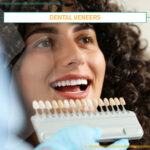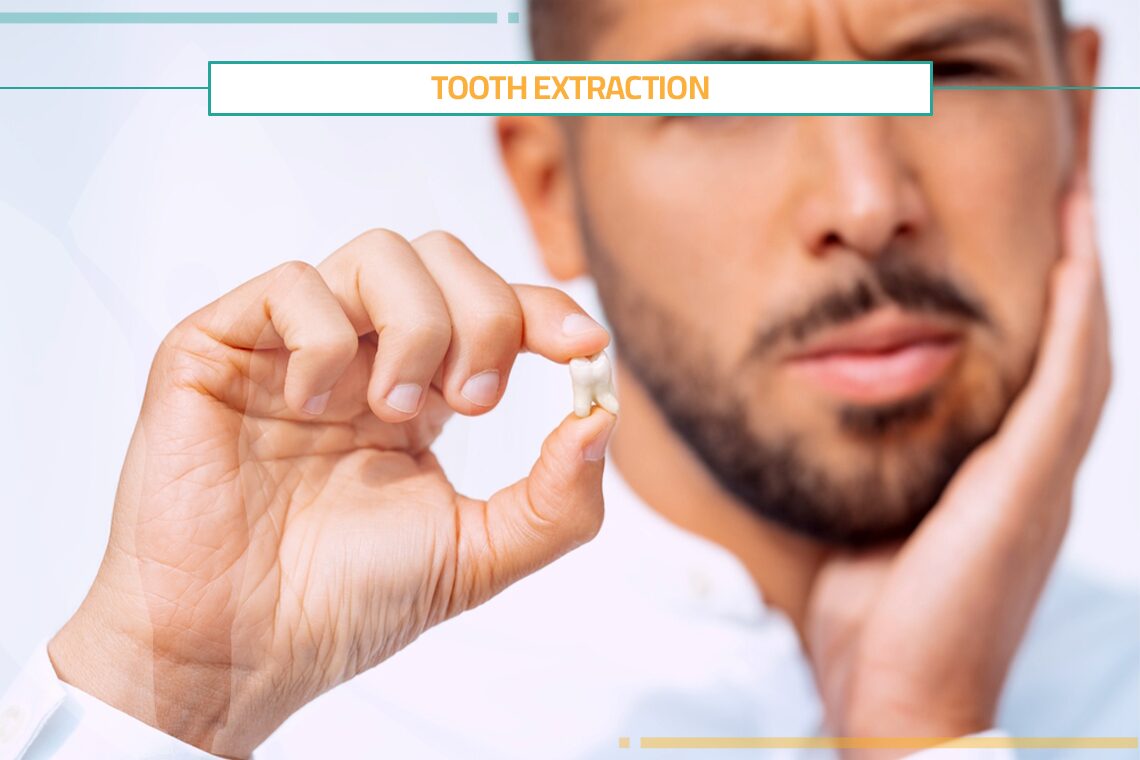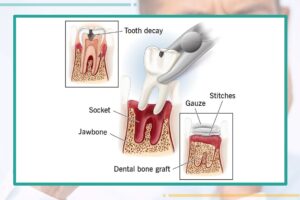What Exactly Is Tooth Extraction?
In the course of a dental treatment known as a Tooth Extraction, your tooth will be extracted from its socket in its entirety. The act of “pulling” a tooth is a term that is sometimes made use of.
When Should You Consider Having Your Teeth Extracted?
In situations when it is feasible, medical professionals would rather preserve natural teeth. On the other hand, there are instances in which alternative restorative procedures, like as dental crowns or dental fillings, are not sufficient. When your tooth has been severely injured beyond the point where it can be repaired, it may be essential to have it extracted. If you have any of the following conditions, your dentist may propose that you have your teeth extracted:
– Cavities consisting of severe tooth decay.
– The tooth has been broken.
– It is an impacted tooth.
– Teeth that are crowded.
– Gum disease that is severe.
– A tooth that has become loose or any other dental injury.
Heart diseases risks for women
Tooth Removal Procedure
Before Tooth Removal
Inform your dentist about any medications you are currently taking, including those that are available without a prescription, as well as your medical history. The removal of a tooth might result in the introduction of microorganisms into the bloodstream. If you have or have ever had problems that might make you more susceptible to infection, you should be sure to inform your dentist about them. Examples of these include:
* Heart illness (H)
* Disease of the liver
* Impairment of the immune system
* Recently performed surgical operations, such as those involving the heart, bones, and joints, as well as those involving metal hardware
After the Procedure
- Shortly after the surgery, you will be able to return home.
- For the purpose of stopping the bleeding, gauze will be placed in your mouth. A clot of blood will also develop as a result of this fact. During the process of the bone growing back in, the clot fills the socket.
- You can feel numbness in your cheeks and lips, but this sensation will go away in a few hours.
- You could be given an ice pack to apply to the region around your cheeks in order to assist reduce the swelling.
- It is possible that you may start to experience discomfort once the numbing medication wears off. Medications that alleviate discomfort, like as ibuprofen (both Motrin and Advil), will be recommended by your dentist. There is also the possibility that you may be prescribed pain medication.
In order to facilitate the healing process
* Ensure that you take any antibiotics or other medications exactly as directed.
* With the use of a cold compress, you may lessen the swelling and discomfort in your cheek by applying it for ten to twenty minutes at a time. Utilize a cold pack or ice wrapped in a towel. The application of ice to the skin should be avoided.
* It is best to refrain from engaging in excessive physical activity during the first few of days.
* Do not engage in tobacco usage or smoking.
When consuming food or beverage
* Take a bite out of the other side of your mouth.
* While the wound is healing, you should consume soft foods such as yogurt, mashed potatoes, soup, avocado, and bananas at regular intervals. For a week, you should stay away from meals that are firm and crunchy.
* Try to avoid drinking with a straw for at least twenty-four hours. This has the potential to disrupt the blood clot that was present in the hole for the tooth, which might result in bleeding and discomfort. One would refer to this as a dry socket.
To take care of your oral health– On the day after your operation, you should start brushing and flossing your other teeth in a gentle manner.
– At least three days should be spent avoiding the region next to the open socket. Don’t let your tongue come into contact with it.
– Starting around three days following the procedure, you will be able to rinse and spit. It is possible that your dentist may instruct you to use a syringe that is loaded with water and salt to gently clean out the socket.
– However, it is common for the sutures to become loose, and they will eventually disintegrate on their own.
Following up
– See your dentist as recommended and follow up with them.
– Regular cleanings should be performed at your dentist.
Threats and Advantages of Tooth Extraction
In what ways does the removal of a tooth benefit the patient?
Tooth extraction provides a variety of advantages to the patient. The most essential benefit is that it lessens the amount of germs that poses a threat to your gums and teeth. In the event that it is not addressed, a tooth that is rotting or injured may wreak havoc on your smile, triggering a chain reaction of other issues. It is in your best interest to get your impacted tooth extracted so that you may achieve maximum dental health. In addition, a tooth extraction may help alleviate dental discomfort almost immediately, particularly if the tooth in question was badly fractured or diseased.
What are the potential dangers or consequences associated with having a tooth extracted?
There is a possibility of problems with tooth extraction, just as there is with any other surgical surgery. Examples of these include:
– An infection after surgical procedures.
– No dry sockets.
– An damage to the nerves…
– Maxillary sinus perforation is occurring.
– Healing that is delayed.
– When a tooth is extracted, what are the potential adverse effects?
– After having a tooth extracted, it is common for patients to experience soreness, bleeding, and swelling as side effects. Instructions on how to properly manage your recovery process will be provided by your dentist by your dentist.
Tooth Extraction Cost
There is a broad range of possibilities for the expense of tooth extraction, depending on whether or not the tooth is affected. It is common for the cost of a simple extraction to range from $75 to $200 per tooth, however the price may be more depending on the kind of anesthetic that is required.
It is substantially more expensive to remove teeth that are impacted, and the cost might range anywhere from $800 to $4,000 in certain cases. Because many services are adapted to the cost of living in a certain region, the location of your residence might also have an effect on the total cost of the treatment.
8 Ways for Non Invasive Fat Removal
Dental Extraction Near Me
As the effects of the anesthetic wear off, it is typical to have some level of discomfort. In addition, you should anticipate experiencing some swelling and bleeding for the first twenty-four hours after having a tooth extracted. However, you should see your dentist if the bleeding or discomfort continues to be severe longer than four hours after your tooth has been extracted. If you encounter any of the following, you should also contact Natural Beauty Turkey as soon as possible:
– Symptoms of an illness, such as a high temperature and chills.
– Symptoms of nausea or vomiting.
– The afflicted region may exhibit redness, edema, or an excessive amount of discharge.
– If the symptoms include as coughing, chest discomfort, shortness of breath, or violent nausea or vomiting.
Remark from Natural Beauty Turkey
Finding out that you need to have a tooth extracted is never a pleasant experience. However, there are occasions when having a tooth extracted is the most effective method for removing illness and getting you back on track to smiling and living a healthy life. If your dentist suggests that you have an extraction, you should also make sure to explore the many alternatives for replacement with them. It is possible to restore a person’s look, function, and general oral health with the use of dental restorations such as dental implants, dental bridges, or partial dentures.






